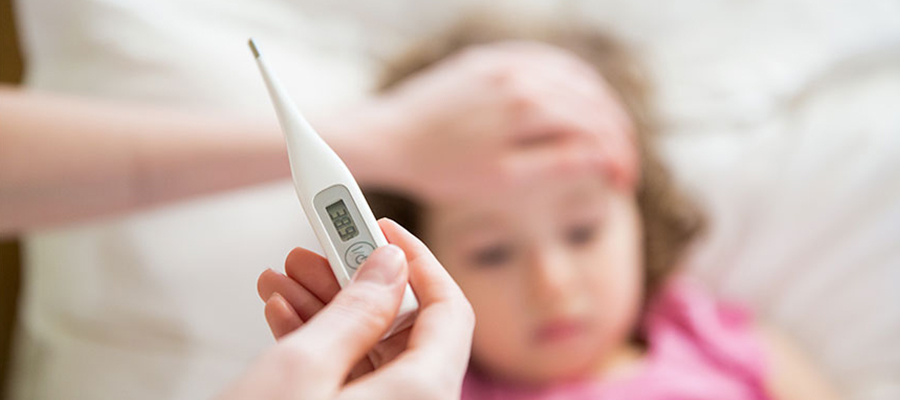
Estimated reading time: 3 minutes and 7 seconds
Upper Respiratory Tract Infection in Children
Upper Respiratory Tract Infection (URTI) in Children: Comprehensive Care at Aktif International Hospitals
At Aktif International Hospitals, we understand the concerns parents have when their children are affected by upper respiratory tract infections (URTIs). Our pediatric specialists are dedicated to providing comprehensive care to manage URTIs effectively and ensure the well-being of your child. With a focus on personalized treatment plans and state-of-the-art medical facilities, we strive to alleviate symptoms, prevent complications, and promote a speedy recovery for children with URTIs.
Frequently Asked Questions
What is an Upper Respiratory Tract Infection (URTI)?
An Upper Respiratory Tract Infection (URTI) is a common viral infection that affects the nose, throat, and sinuses. It typically presents with symptoms such as nasal congestion, runny nose, cough, sore throat, fever, and sneezing. URTIs are usually mild and self-limiting but can cause discomfort and distress, especially in young children.
What are the common causes of Upper Respiratory Tract Infections (URTIs) in children?
URTIs in children are commonly caused by viruses, including rhinovirus, adenovirus, influenza virus, respiratory syncytial virus (RSV), and coronavirus. These viruses are highly contagious and can spread through respiratory droplets when an infected person coughs or sneezes. Children are particularly susceptible to URTIs due to their developing immune systems and frequent exposure to other children in daycare centers, schools, and social settings.
What are the symptoms of Upper Respiratory Tract Infections (URTIs) in children?
Common symptoms of URTIs in children may include:
- Nasal congestion
- Runny or stuffy nose
- Sneezing
- Cough
- Sore throat
- Fever
- Headache
- Fatigue
- Loss of appetite
Symptoms may vary in severity and duration depending on the type of virus causing the infection and the child’s overall health.
How are Upper Respiratory Tract Infections (URTIs) diagnosed in children?
Diagnosis of URTIs in children is usually based on a thorough medical history, physical examination, and evaluation of symptoms. In some cases, additional tests such as throat swabs, nasal swabs, or viral culture may be performed to identify the specific virus causing the infection. However, these tests are not always necessary, as URTIs are typically diagnosed based on clinical presentation.
What is the treatment for Upper Respiratory Tract Infections (URTIs) in children?
Treatment for URTIs in children focuses on relieving symptoms and supporting the body’s natural immune response. This may include:
- Rest: Encouraging plenty of rest to help the body recover.
- Hydration: Ensuring adequate fluid intake to prevent dehydration.
- Humidification: Using a cool-mist humidifier or steam inhalation to ease nasal congestion.
- Saline nasal drops: Administering saline nasal drops to relieve nasal congestion in infants and young children.
- Over-the-counter medications: Giving acetaminophen or ibuprofen to reduce fever and alleviate pain.
- Avoiding irritants: Avoiding exposure to tobacco smoke, pollution, and other irritants that can worsen respiratory symptoms.
When should I seek medical attention for my child’s Upper Respiratory Tract Infection (URTI)?
While most URTIs in children resolve on their own with supportive care, you should seek medical attention if your child experiences:
- Difficulty breathing or rapid breathing
- Persistent high fever
- Worsening symptoms or new symptoms such as ear pain or wheezing
- Signs of dehydration, such as decreased urination or dry mouth
- Persistent irritability or lethargy
Our pediatric specialists at Aktif International Hospitals are available to provide expert evaluation and management of URTIs in children. If you have any concerns about your child’s respiratory health, don’t hesitate to contact us for guidance and support.
Author: Onur Balcı


 TR
TR